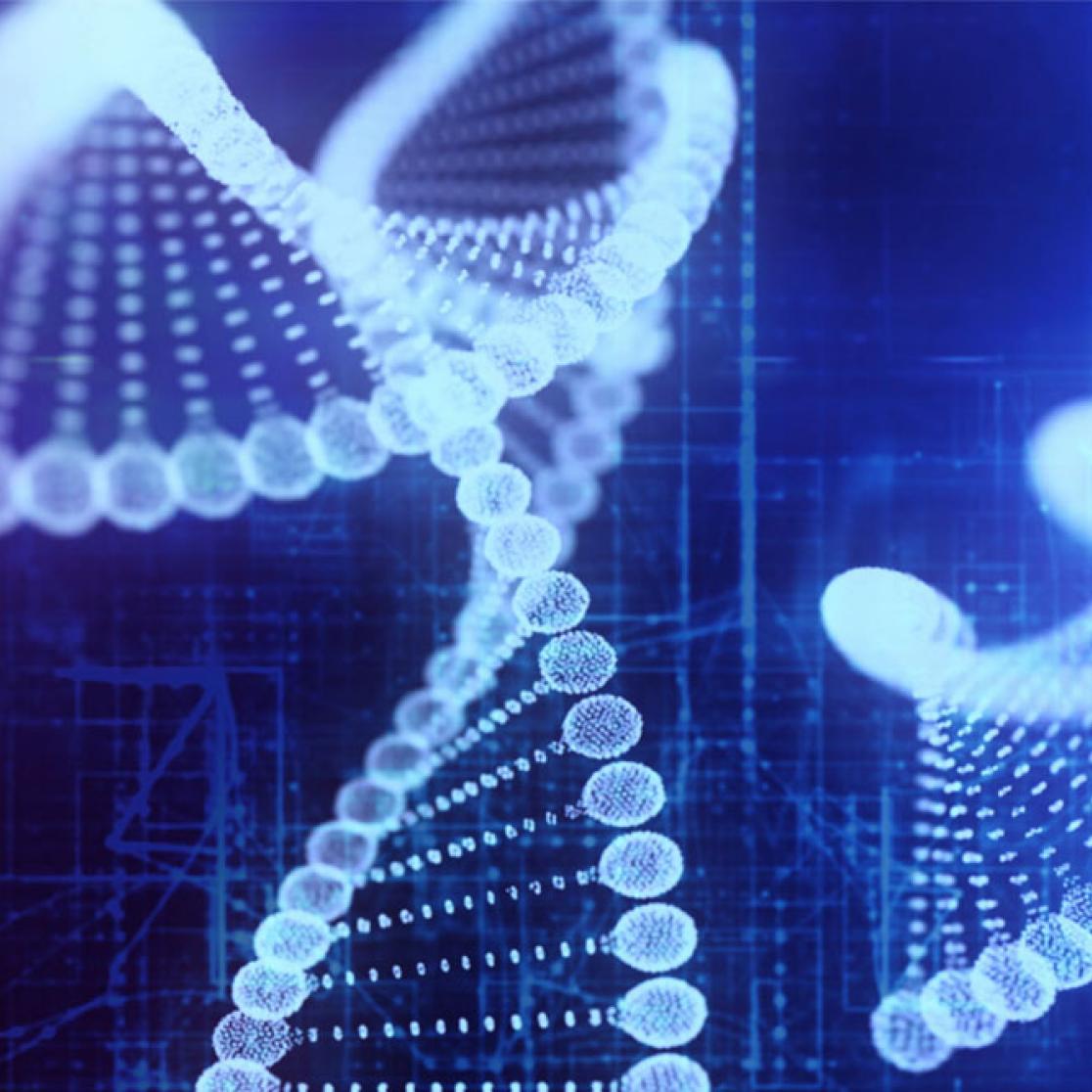Maastricht Systems Biology Forum - 7th meeting
This working group brings together researchers in the Maastricht area who are interested in the development and application of “systems biology”. The main aim is to share research, experience and, through this exchange, inspire and initiate new research directions and collaborations. The meeting takes place roughly every three months in the Brains Unlimited building.
This edition of the Forum aims to give an introduction to the computational and experimental work being done in the NeuGenNet project, one of the major research lines within MaCSBio. This multiscale project runs from the protein to the whole-brain level, with a strong focus on computational methods and modelling.
The working group also encourages researchers to make an "Ideas/challenges pitch". A pitch is a short (approx. 5 min) presentation showcasing an interesting idea, tool, or challenge that invites others to collaborate. Pitches can include both computational approaches and physiological / clinical questions where a systems biology approach could be helpful. If you would like to give a pitch at a subsequent meeting, please contact John Walmsley.
Organizing Committee
Programme
| Time | Activity |
|---|---|
| 16:30 |
High-field brain imaging of the mitochondrial m.3243A>G genotype |
| 17:10 |
Identification and functional characterization of mitochondrial proteins |
| 17:40 | Learn about learning, from a computational neuroscientific perspective Menica Dibenedetto (MaCSBio) Across spatial and temporal scales, functional and structural brain modifications induced by normal experience (learning) or exposure to intrinsic pathogenic conditions in genetic disease, can only be understood by taking a network perspective, according to which function emerges from structured interactions among brain elements. In NeuGenNet, we aim to achieve new insights into the processes of normal and abnormal experience-induced modifications in brain and genetic networks, using mathematical tools and modeling approaches to bridge research domains and spatial scales of inquiry. Using computational models, insights from genetic modifications acting at a molecular level are linked to non-invasive observations of changes in the human brain acting at neuronal population level. |
| 18:30 | Networking over drinks/snacks |

Drinks and snacks provided
Relevant links
Also read
-
Master’s Open Day
We hope to welcome you on campus at our next Master's Open Day and give you a good impression of what studying at Maastricht University is all about.
28 Feb